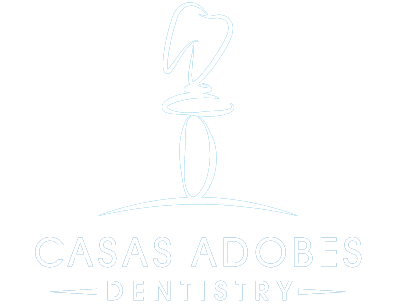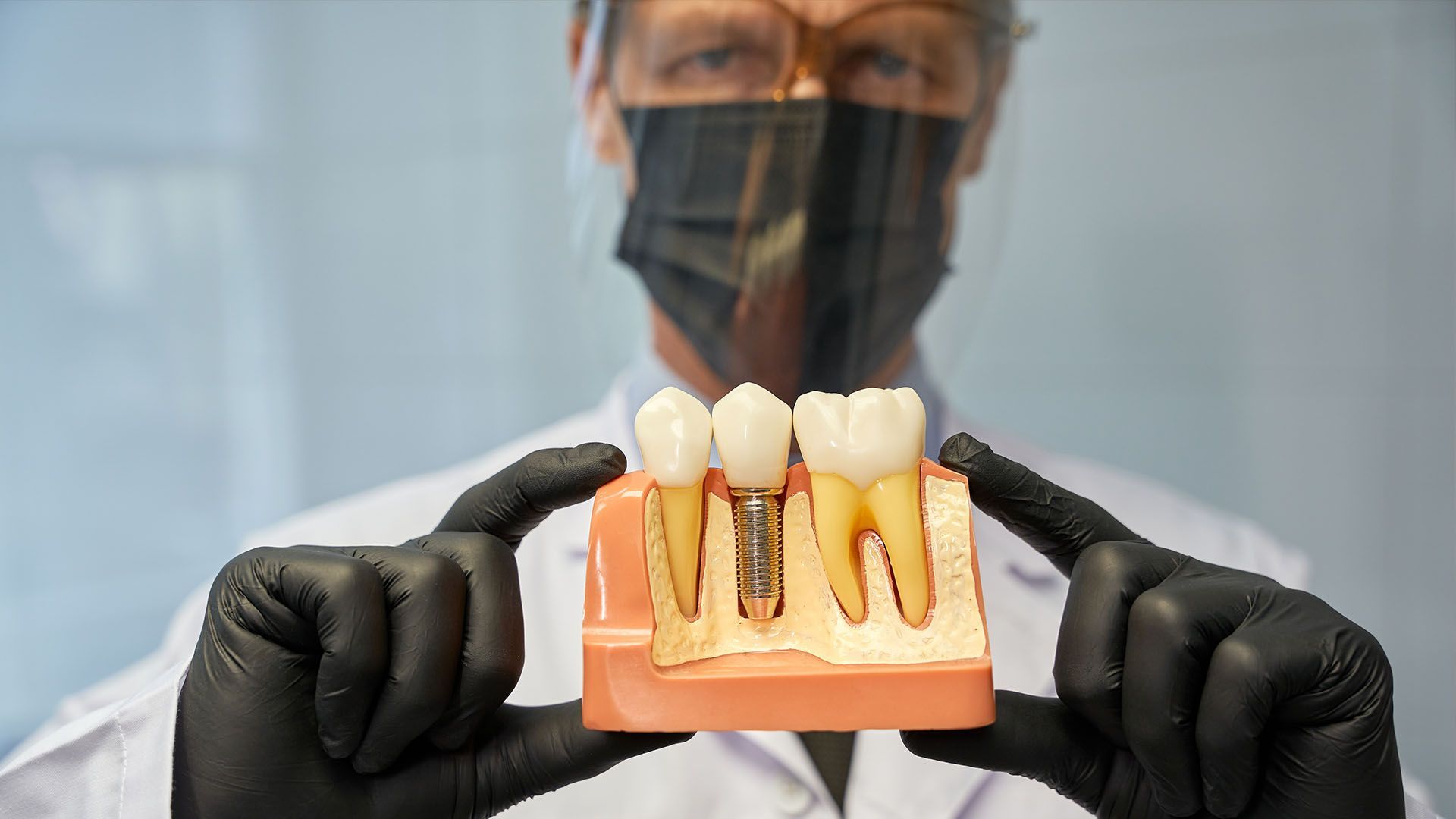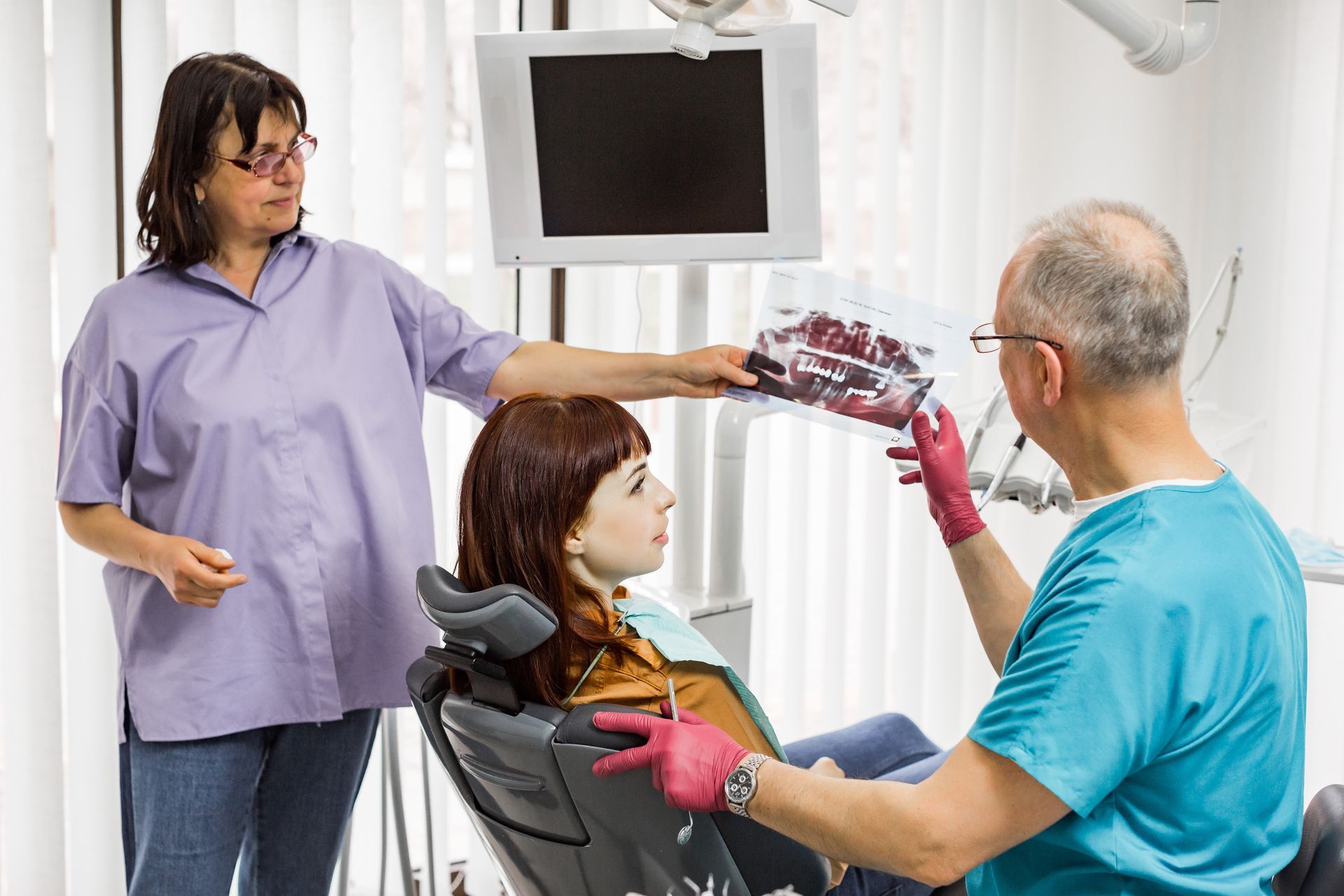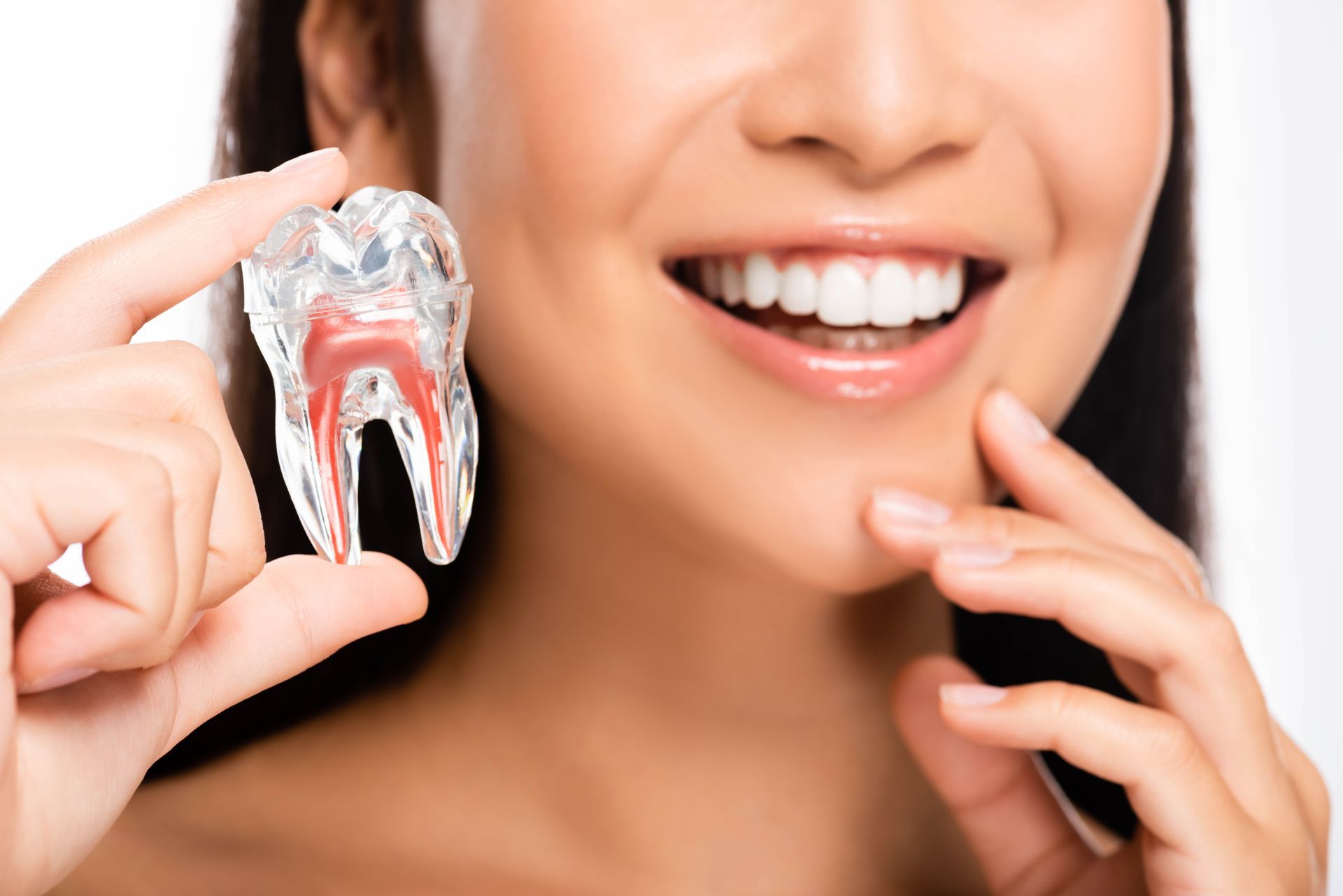How to Manage Pain After a Dental Implant Procedure

Some discomfort after a dental implant is completely normal. The good news? There are proven ways to manage and minimize pain effectively. In this guide, we’ll give you straightforward, expert-backed tips to relieve pain after a dental implant procedure so that you can heal comfortably and with confidence.
What to Expect After a Dental Implant Procedure
It’s important to understand what's typical during recovery. After your implant surgery, you may experience:
- Mild to moderate pain at the surgical site
- Swelling in the cheeks or jaw area
- Slight bruising around the mouth or under the eyes
These symptoms are normal and should subside within a few days. If your pain increases or persists beyond expectations, it may be time to contact your dentist.
Immediate Post-Op Care to Minimize Pain
The first 24–48 hours after surgery are the most crucial for managing pain and preventing complications. Here's what you should do:
- Control Bleeding: Bite down gently on gauze pads placed over the surgical area. Replace them as directed until the bleeding stops.
- Rest with Your Head Elevated: Prop up your head with extra pillows to reduce swelling and pressure around the implant site.
Using Ice Packs to Reduce Swelling and Pain
Cold compresses are one of the most effective ways to reduce discomfort:
- How to Apply Ice: Use an ice pack or a bag of frozen peas wrapped in a cloth.
- Timing: Apply to the cheek near the implant site in 15-minute intervals (15 on, 15 off) during the first 24 hours.
Pain Medication Options for Relief
Medications can help you stay ahead of the pain:
- Over-the-Counter Relief: NSAIDs like ibuprofen or acetaminophen are often enough to manage mild to moderate discomfort.
- Prescription Medications: If prescribed, follow your dentist's instructions carefully.
- Stay on Schedule: Don’t wait for the pain to peak — take medication on a routine schedule during the first couple of days.
Foods That Help and Foods to Avoid
Your diet plays a big role in your comfort and healing:
- Stick to Soft Foods: Yogurt, mashed potatoes, applesauce, smoothies, and scrambled eggs are all gentle on the implant site.
- Avoid These: Crunchy, spicy, hot, or chewy foods can irritate the area or slow healing.
Oral Hygiene Tips to Prevent Infection and Pain
Keeping your mouth clean is essential but should be done gently:
- Rinse Carefully: Use warm saltwater rinses starting the day after surgery. Avoid swishing aggressively.
- Brushing: Use a soft-bristled toothbrush and avoid the surgical area for the first couple of days.
- Avoid Commercial Mouthwash: Alcohol-based rinses can irritate the tissue and delay healing.
Physical Activity and Lifestyle Modifications
Help your body heal by making a few short-term changes:
- Rest Is Key: Get plenty of rest, especially for the first few days.
- Skip the Gym: Avoid strenuous activity for at least 48–72 hours.
- No Smoking or Straws: Both can disrupt the clotting process and increase pain or lead to complications like dry socket.
When to Contact Your Dentist
While some discomfort is normal, watch for signs that something may be wrong:
- Pain that worsens after 3 days
- Swelling that doesn’t go down
- Fever, pus, or a bad taste in your mouth
- Bleeding that doesn’t stop
Your dentist is there to support your recovery, so don’t hesitate to reach out with any concerns.
Conclusion
Managing pain after a dental implant procedure is all about being proactive. Follow your post-op instructions closely, keep your mouth clean, and rest your body. Most patients begin to feel significantly better within a few days. If anything feels off,
contact your dentist because it’s always better to ask than to wait.

Frequently Asked Questions
How can I stop my dental implant from hurting?
To relieve dental implant pain, start by following your post-op care instructions closely. Use ice packs for the first 24 hours, take over-the-counter pain relievers like ibuprofen or acetaminophen, stick to a soft food diet, and avoid disturbing the surgical site. Keeping your head elevated while resting and maintaining gentle oral hygiene also helps reduce discomfort.
How long should a dental implant hurt?
Mild to moderate pain is normal for the first 3 to 5 days after surgery. Some sensitivity may linger for up to 10 days. If the pain worsens after day 3 or persists beyond 10 days, contact your dentist to rule out infection or other complications.
Why am I in so much pain after a dental implant?
Excessive pain may indicate issues such as infection, implant movement, nerve irritation, or improper healing. It's important to monitor symptoms like increasing swelling, throbbing, fever, or a bad taste in your mouth are all signs you should call your dentist immediately.
What pain medication is good for dental implants?
Most patients manage well with over-the-counter NSAIDs like ibuprofen or acetaminophen. In some cases, your dentist may prescribe stronger medication for the first couple of days. Always follow your dentist’s dosing instructions and avoid taking medications on an empty stomach.
Why is my dental implant throbbing?
Throbbing pain could be due to inflammation, pressure from swelling, or the body’s natural healing response. However, if it persists or worsens, it may signal an infection or complication with the implant site. Don’t ignore ongoing throbbing, contact your provider for evaluation.









